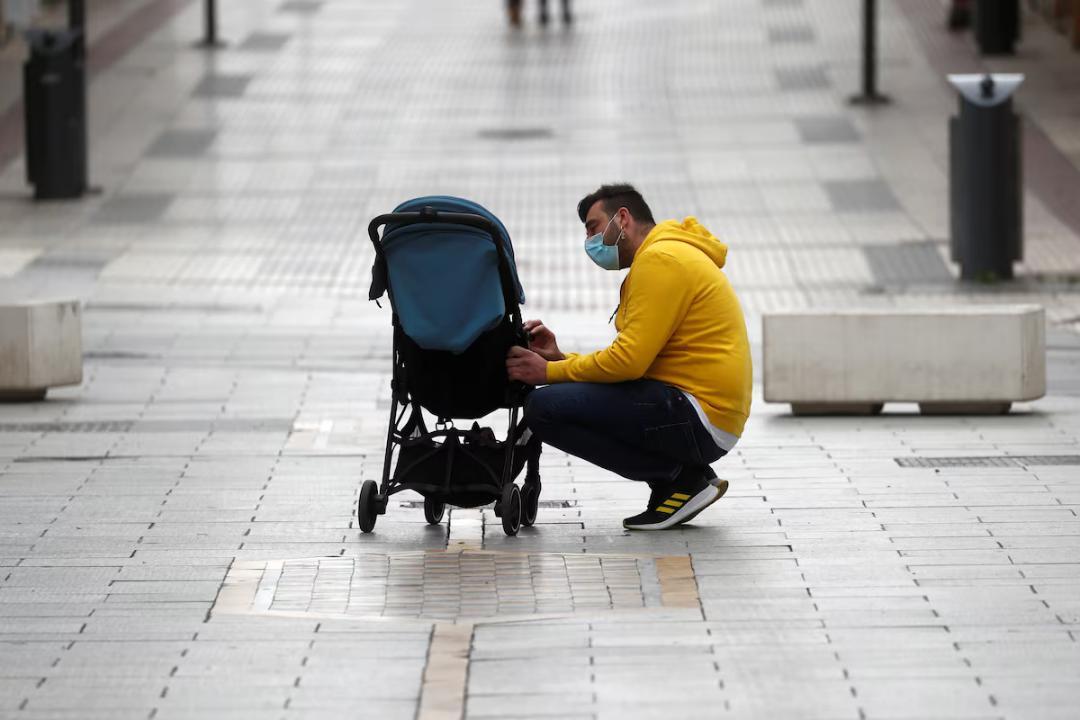
Spain to Offer 17 Weeks of Parental Leave to Both Mothers and Fathers
In a significant move towards promoting gender equality and supporting new parents, Spain has announced plans to extend its parental leave policy to 17 weeks for both mothers and fathers. This is a significant increase from the current 12 weeks of leave, making Spain one of the most generous countries in Europe when it comes to parental leave.
The new policy, which is set to come into effect in the coming months, will provide both mothers and fathers with an additional week of paid leave after the birth of their child. This means that new parents will have a total of 17 weeks of paid leave to care for their newborn, which is one of the longest parental leave periods in the European Union.
Spain is not the only country in the EU to offer equal, fully-paid birth leave to both parents. Finland is the other country that offers the same level of support to new parents. However, Spain’s move is significant because it is one of the few countries in the world where mothers and fathers have equal access to parental leave.
The decision to extend parental leave has been welcomed by equality campaigners and women’s rights groups, who have long been advocating for greater support for new parents. “Spain is moving towards feminism…and there’d be no turning back,” said Maria Jesus Morillo, the Spanish minister for equality, in a statement.
The new policy is seen as a significant step forward in promoting gender equality and challenging traditional gender roles. Traditionally, childcare responsibilities have fallen heavily on women, with men often expected to be the breadwinner. However, this new policy seeks to break down these gender stereotypes and encourage men to take on more childcare responsibilities.
The benefits of extended parental leave are numerous. Not only does it allow new parents to spend more time with their child, but it also helps to reduce the stress and pressure of caring for a new baby. It also allows parents to bond with their child and develop a closer relationship, which is essential for the child’s emotional and psychological development.
Moreover, extended parental leave can also have a positive impact on the economy. A study by the World Bank found that every additional month of paid maternity leave can increase a woman’s earning power by 7-10%. This is because women who take longer maternity leaves are more likely to return to work and continue their careers.
The new policy is also expected to have a positive impact on the Spanish economy. According to the Spanish government, the policy is expected to create around 30,000 new jobs in the childcare sector, which will help to boost economic growth and reduce unemployment.
The decision to extend parental leave is also seen as a way to address the issue of childcare desertification, which is a growing problem in many parts of the world. Childcare desertification occurs when there is a shortage of childcare services, making it difficult for parents to balance work and family responsibilities.
In conclusion, Spain’s decision to extend its parental leave policy to 17 weeks for both mothers and fathers is a significant step forward in promoting gender equality and supporting new parents. This policy change is expected to have a positive impact on the economy, reduce childcare desertification, and promote greater equality between men and women.
As Maria Jesus Morillo, the Spanish minister for equality, said, “Spain is moving towards feminism…and there’d be no turning back.” This policy change is a significant step forward for Spain and is expected to have a lasting impact on the country’s social and economic landscape.






